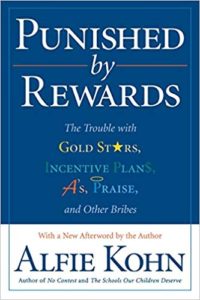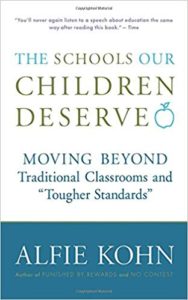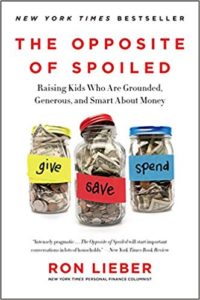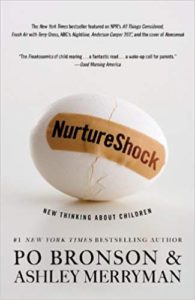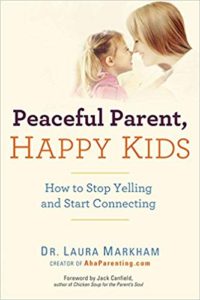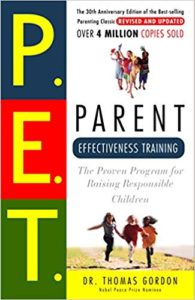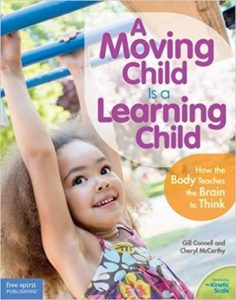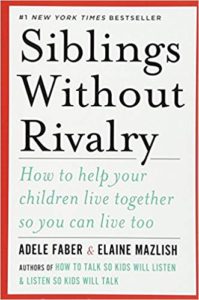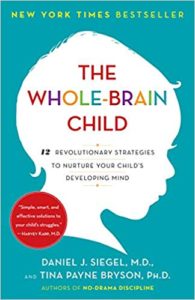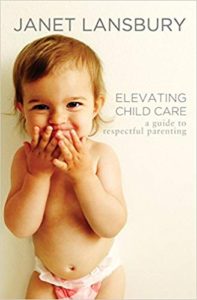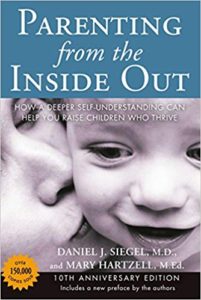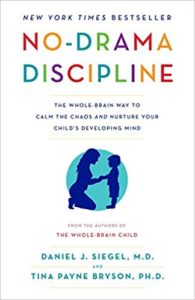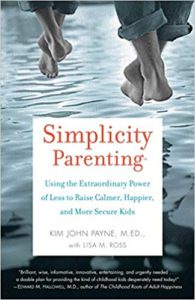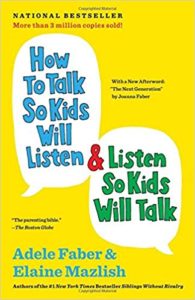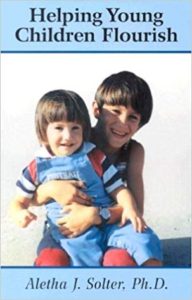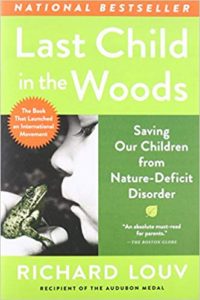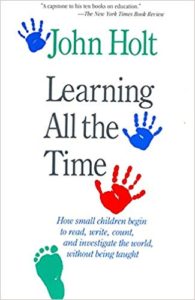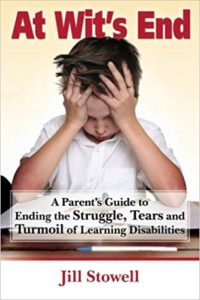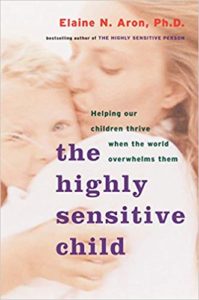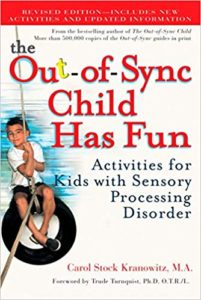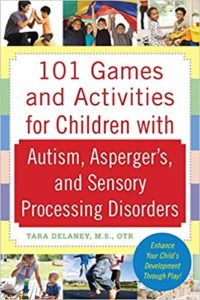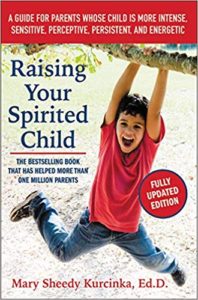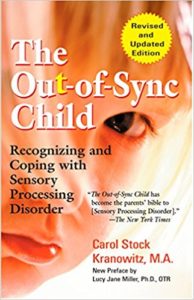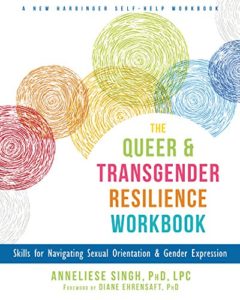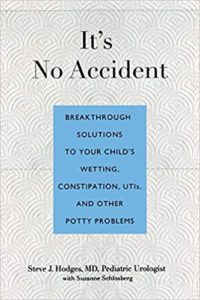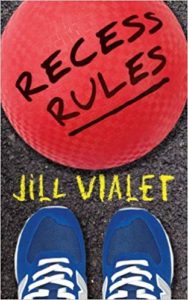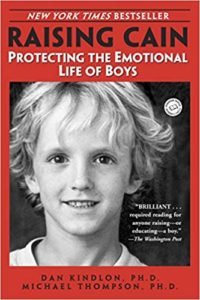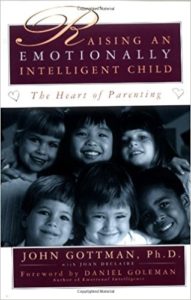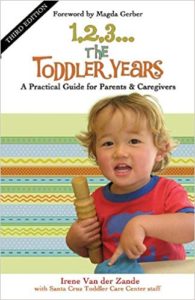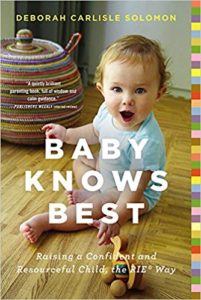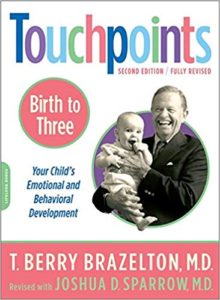Kelly's Favorites - Books & Cool Stuff
Jump to section:
General
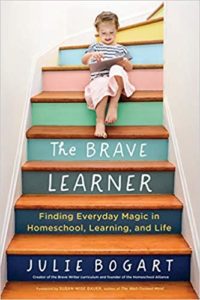
The Brave Learner: Finding Everyday Magic in Homeschool, Learning, and Life by Julie Bogart
Subject: homeschooling
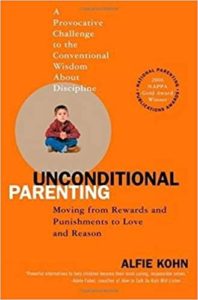
Unconditional Parenting: Moving from Rewards and Punishment to Love and Reason by Alfie Kohn
Good ideas but not many tools.
Special Needs

Tell Me the Number Before Infinity by Becky Taylor and Dena Taylor
A beautiful novella from the perspective of a child with a disability.
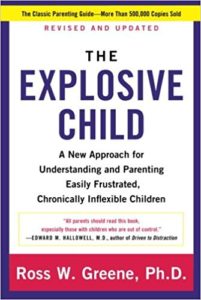
The Explosive Child by Ross W. Greene, PhD
Super helpful for kids that need a little more flexibility.
Health and Wellness
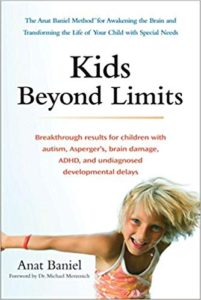
Kids Beyond Limits by Anat Baniel
A really fresh cool take on looking at what kids CAN do, not what they can't, and how parts of the brain can wake up through movement.
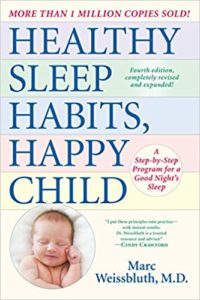
Healthy Sleep Habits, Happy Child by Marc Weissbluth, MD
Great info on how sleep works, and again, the supported crying is a take it or leave it last resort. But that shouldn't stop you from getting the rest of the invaluable info.
Subject: sleep
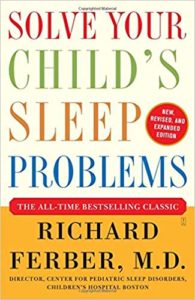
Solve Your Child’s Sleep Problems by Dr. Richard Ferber
Given a chance, this has really good info on how sleep works. If supported crying is not your thing, that part is only 2 pages. The rest is GOLD. There is sleep info through teen years in here.
Subject: sleep
Mental Health
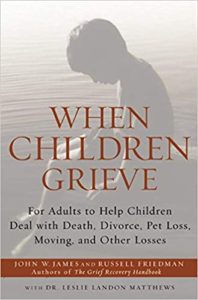
When Children Grieve by John W. James
Critical for any big change in a child's life, not just the biggies
Development
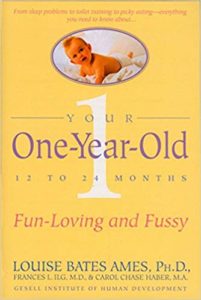
Gesell Institute Books by Louise Bates Ames
Love the development info - discipline info is not my cup of tea but worth reading it for the rest.

